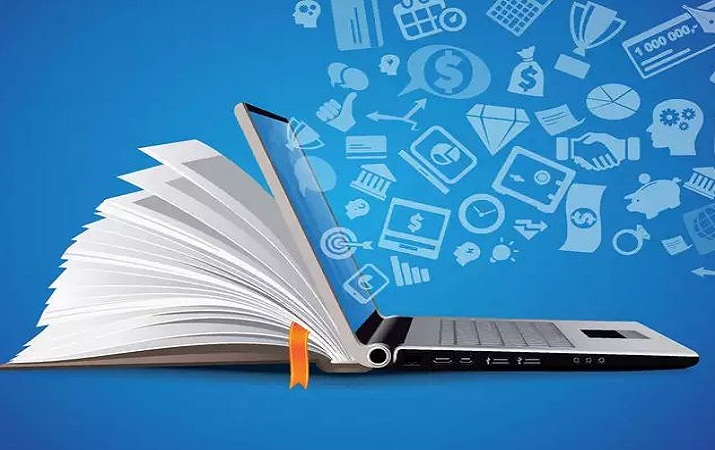Technology is a big factor impacting the Indian education scenario. We see it in the form of digital content and classrooms, online assessments and cloud-based platforms, augmented by the growing internet and smartphone penetration. This integration of technology with education, leading to initiatives such as online teacher training and integrated learning, is expected to continue in 2020, and at a faster pace. We are also seeing the popularity of new-age pedagogies, empowering students with self-learning abilities through e-learning tools as well as the adoption of experiential learning solutions for a holistic learning experience.
Here are some practices that are revolutionising Indian education and will continue to do so in 2020:
Experiential learning tools: Implemented in the form of virtual labs, social media platforms, virtual and augmented reality tools, and gamification, these tools enable students to be actively involved in defining problems, asking questions, experimenting, analysing results and constructing meaning. They also help developing in them skills such as communication, collaboration and creativity.
Virtual & augmented reality: It helps create an immersive experience in classrooms via graphical simulation. For example, Google Expeditions allows teachers to take students out on virtual trips around the world, with detailed views of historical landmarks. Gamification of assessments is also becoming popular to eliminate fear factor from exams. Questionnaires can be prepared in a quiz or crossword mode, or based on motifs of games such as Tic-Tac-Toe, Hangman and Find-Your-Way so that students enjoy the process of assessments.
Read article: Higher Education Conclave today
Artificial intelligence: Some key challenges faced in the Indian education sector are all-round management of schools, streamlining of assessments and implementation of personalised learning. AI, along with the cloud, is helping overcome these challenges with online data management and adaptive learning techniques, providing means to successfully personalise education in the country.
The National Testing Agency has proposed the use of adaptive assessments to conduct entrance exams for higher educational—JEE Main, NEET UG and NET—to assess the aptitude of students so that gaps in learning can be effectively bridged.
Owing to the increase in investor interest in the sector, e-learning has a promising future. We hope to see a rise in a hybrid model of learning, making the best of both models via after-school coaching, project-based curricula, virtual internships, social media-based learning and so forth. On the other hand, customisation has become the buzzword in education, and we can look forward to innovations combining AI, big data, data analytics and psychometrics to deliver quality learning to one and all.
Courtesy: financialexpress
Download uLektz Apps for Latest Educational News / Events / Scholarships
Follow us: #facebook #twitter #linkedin also enroll our skill course
